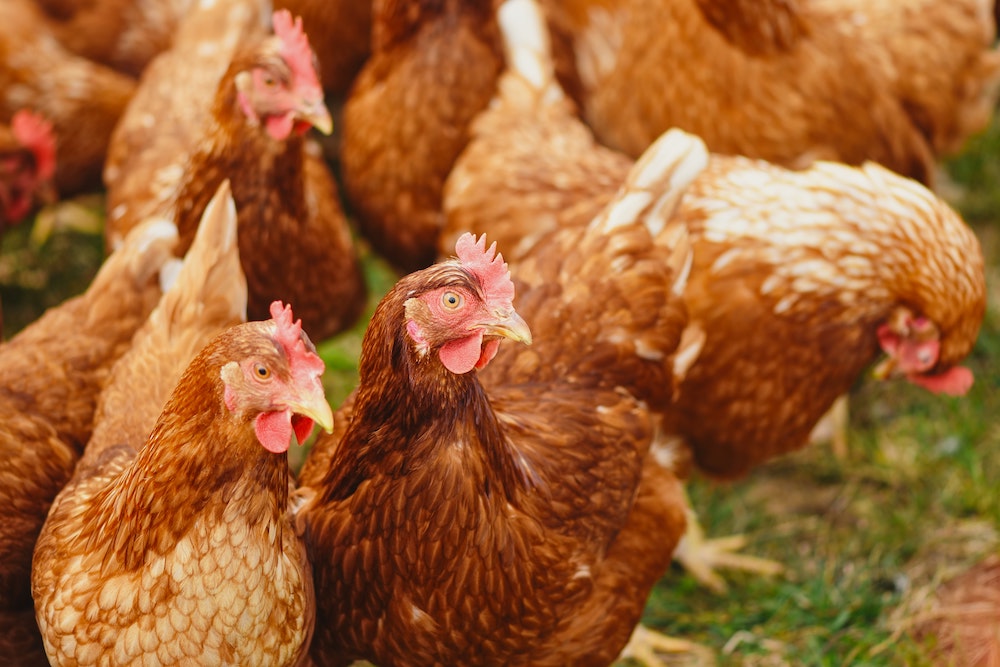Biosecurity warning after Scottish avian flu case
11th February 2020
A case of low pathogenic avian influenza was confirmed in a Scottish free-range laying flock at the end of last week, prompting NFU Scotland to issue a reminder on biosecurity.
A case of low pathogenic avian influenza was confirmed in a Scottish free-range laying flock at the end of last week, prompting NFU Scotland to issue a reminder on biosecurity.
The Scottish Government has confirmed that a case of avian influenza was detected at a premise in the Borders following routine investigations.
Laboratory testing confirmed a mild strain of non-notifiable avian influenza, so restrictions on the site have now been lifted.
A spokesperson for NFU Scotland (NFUS) said: “Although the case has been dealt with, and all restrictions lifted on the farm, it is pertinent time to remind all poultry keepers to adhere to the strict biosecurity guidelines set out by the Scottish Government and stakeholders.
“All possible steps must be taken to ensure that poultry, and other captive birds, are protected against contact with wild birds. It is important to avoid the transfer of contamination into and between premises and to minimise the movement of people, vehicles and equipment to areas where captive birds are kept.”
NFUS says that before allowing poultry or other captive birds into a free-range area, following a period of housing, the area must be checked and obvious contamination from wild birds – including feathers and faeces – must be removed.
Wild birds should also be discouraged from using free-range areas, for example through the use of wild bird scarers, decoy predators and/or netting smaller range areas. Inspect areas regularly and remove obvious contaminants from wild birds in a biosecure manner.
The health status of birds should be regularly checked and any signs of disease reported to your vet. Practical biosecurity steps should be taken by all keepers, regardless of whether birds are housed, to prevent infection, NFUS concludes.

